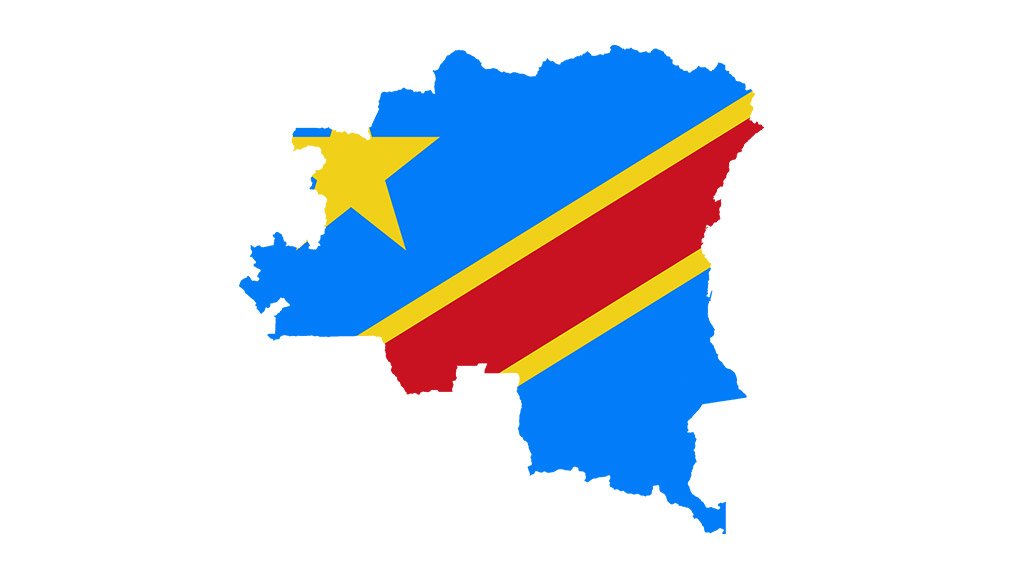- Democratic Republic Of The Congo Situation Report – April 20200.64 MB
The Democratic Republic of the Congo is the world’s second most food-insecure country (Global Report on Food Crises, 2019), with 15.6-million Congolese facing severe acute food insecurity (IPC, August 2019, figure yet to be endorsed by the Government).
While the Government of the Democratic Republic of the Congo and the World Health Organization (WHO) were preparing to officially declare the end of the largest-ever Ebola virus disease (EVD) outbreak on 13 April 2020, given no new cases and the discharge of the last patient from an EVD treatment centre (Beni, 3 March 2020), two new cases were confirmed in Beni.
The first confirmed case of Covid-19 has been reported on 10 March 2020; there are currently 267 confirmed cases of which 22 deaths have been reported in the country (WHO, 17 April 2020).
The spread of Covid-19 could further worsen the food security situation and severely affect food supply chains. The Food and Agriculture Organization of the United Nations (FAO) requires an additional USD 22-million to support the Congolese population in population in food production and access, local value chain development and income generating activities during the Covid-19 pandemic. It is imperative to support food production systems to avert a full-blown food crisis.
The German Federal Ministry for Economic Cooperation and Development, through the German Development Bank, has contributed USD 54-million for the implementation of the joint FAO/United Nations Children’s Fund/World Food Programme (WFP) resilience building programme to assist 280 000 people in the Kivu provinces to support food production, conservation and processing, and to enhance social cohesion, nutrition, water, sanitation and hygiene.
Report by the Food and Agriculture Organization of the United Nations
EMAIL THIS ARTICLE SAVE THIS ARTICLE ARTICLE ENQUIRY
To subscribe email subscriptions@creamermedia.co.za or click here
To advertise email advertising@creamermedia.co.za or click here











